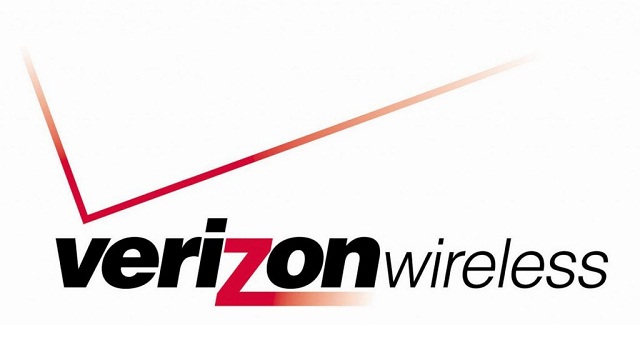
Verizon CFO: subsidized prices to come down in the next few years
It’s no secret that when you think about Big Red you also think about lots of green. Verizon likes its money, but chief financial officer Fran Shammo has reason to believe that some of its price tags will eventually come down within the next few years. Specifically, Shammo touched on high subsidy prices when it comes to smartphone sales, and cited the growing LTE market and the blurred lines it’s creating as reasons why prices will soon be driven down.
The typical high-end smartphone on Verizon costs between $200 and $300 these days, but users can get perfectly fine LTE phones for $0 – $200 with decent hardware. With competition between operating systems and OEMs strengthening by the day we could be seeing lower MSRPs, and that is something that also directly affects the way a carriers subsidizes a smartphone.
Seeing how this trend affects the tablet space will be even more interesting, as some users still consider a $500 ticket price for a tablet on a two-year contract to be quite egregious. Shammo also said the launch of VoLTE within the next year will help drive subsidy prices down as more and more Verizon phones eventually ditch antiquated CDMA chips.
T-Mobile has shaken the subsidy model up the most in recent years with the advent of its value plans. On these plans, users can buy smartphones for a down payment (your cost after subsidy in typical pricing models) with payments for the rest of the phone spread out over the course of several months until the device is paid off.
Should you decide to end your arrangement with T-Mobile before then, the only cost to you is the remaining balance of the phone after those payments. Users going this route get a decent discount on service, too, and it seems to be a very valuable deal for those who take advantage of it.
It’s that sort of outside-the-box thinking that will force Verizon, Sprint, AT&T et al. to get creative in the near future and shape their business models to adapt to the changing wireless market. We won’t even consider factors outside their control like the general economy. It’s not at all ridiculous to think subsidies will get cheaper in the coming years, so the only question is “who first, and when?”
[via Fierce Wireless]

